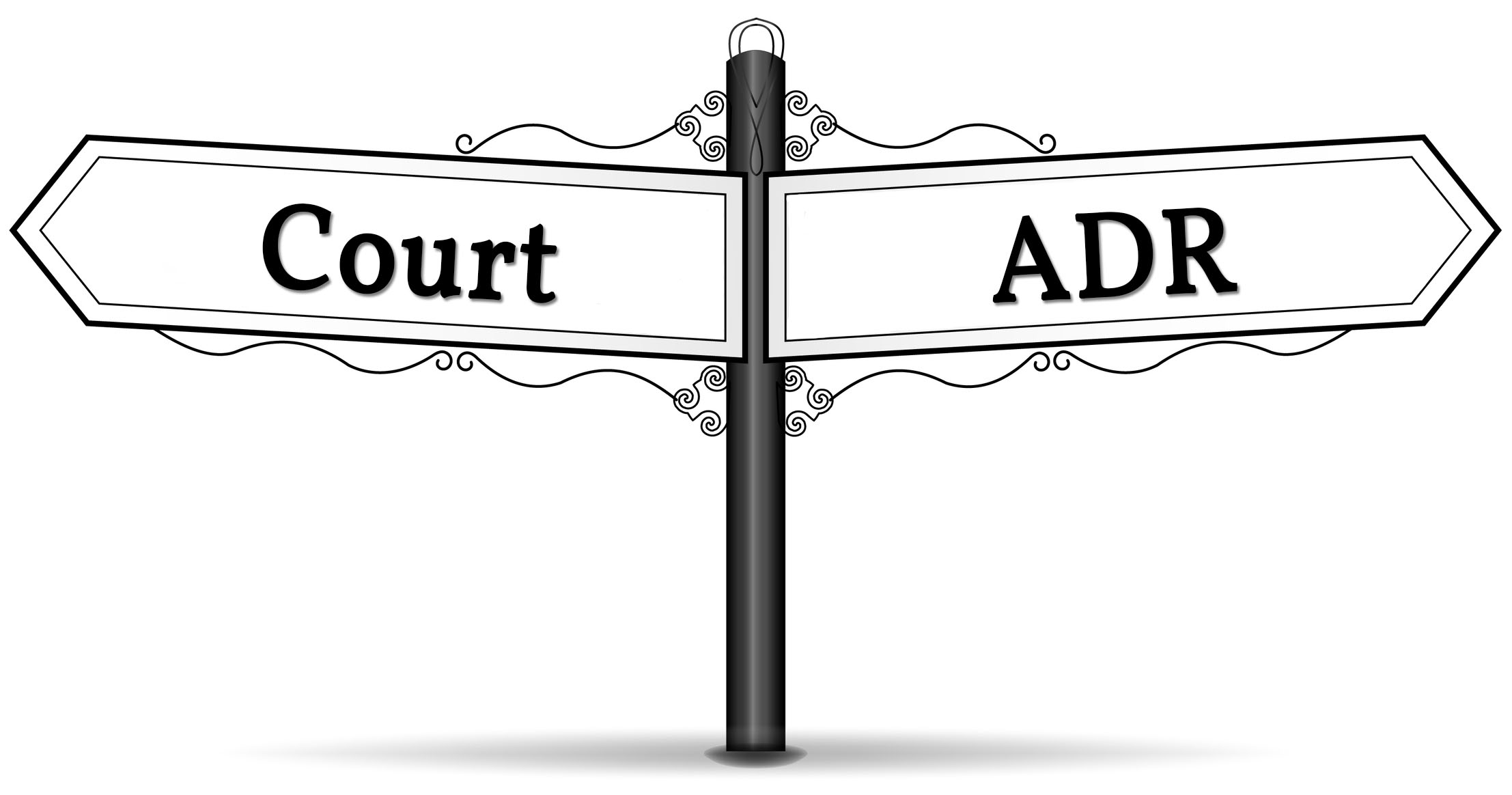ALTERNATIVE DISPUTE RESOLUTION
There is an alternative process, aptly named alternative dispute resolution (commonly referred to as ADR). If the parties are looking for assistance to reach an agreement, their ADR option is mediation and Judge Solomon, having extensive experience in mediating family cases, will work with counsel and the parties, on their terms, to resolve the matter. On the other hand, if the parties do not feel that reaching an agreement is likely and are looking for someone to decide the issues, then their ADR option is arbitration. Judge Solomon, having presided over many family court trials while on the bench, will serve as the arbitrator and will decide the issues as presented by counsel and the parties in accordance with the process that they establish. Rather than having to adapt to the protocols and procedures imposed by the court process, parties opting for ADR decide what issues they want to present, when and where they are to be presented and how the matter is to be heard. The parties have greater control of the timing, civility, confidentiality, outcome and expense of the process. They come away knowing that there is a significantly greater likelihood of compliance with decisions made in a process they have created than would otherwise be the case with orders that have been entered by a court after a protracted trial. Simply stated, ADR gives the parties more control over the process and their future.
